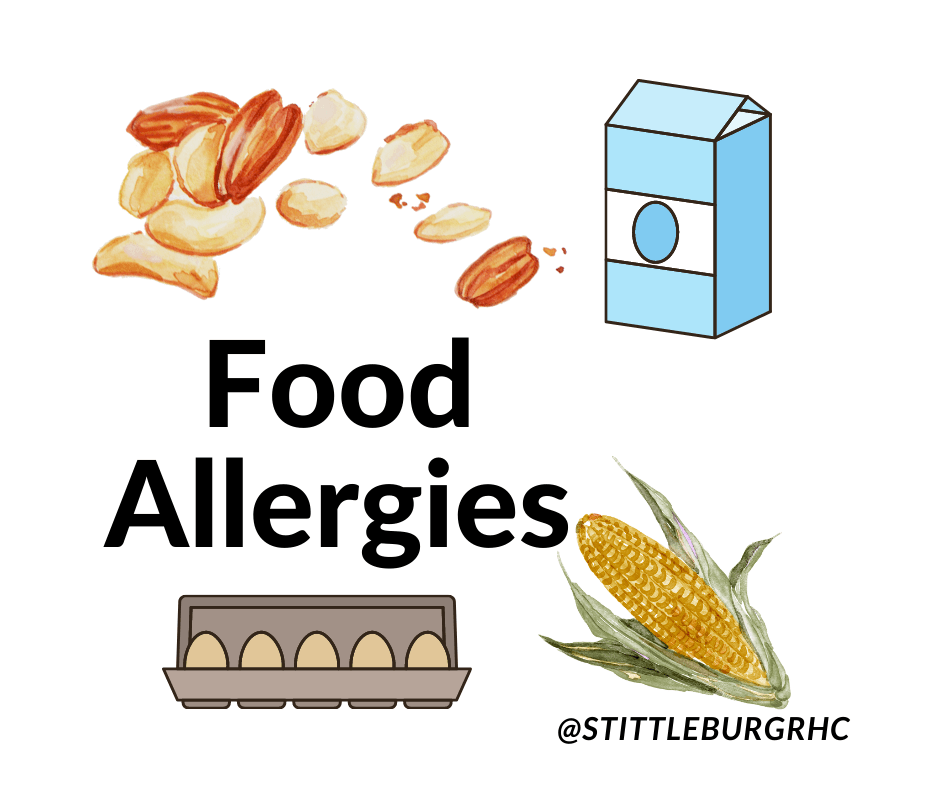Let's talk autism!
Let's talk autism!
Let's Talk Truth With Dr. Taryn!
"Knowledge isn't power until it's applied" -Dale Carnegie
Let's Talk Autism:
What exactly is autism? According to autismspeaks.org: “Autism, or autism spectrum disorder (ASD), refers to a broad range of conditions characterized by challenges with social skills, repetitive behaviors, speech, and nonverbal communication. According to the Centers for Disease Control, “autism affects an estimated 1 in 59 children in the United States today”.
ONE in FIFTY-NINE children are affected by autism today! (Further research shows these numbers to be higher but we’ll stick with what the CDC has to say.) That right there, is terrifying to me. What else is terrifying? I have a son, and 1 in 37 boys are diagnosed with autism compared to 1 in 151 girls.
But wait- the United States spends THE MOST on healthcare… So why are our children progressively becoming autistic?
I’m going to address
just two reasons in this blog:
- The Standard American Diet (SAD)
- The overuse of antibiotics and medications
The Standard American Diet (SAD)- is just that, sad. Let’s just look at some numbers from The National Cancer Institute:
- 3 out of 4 Americans don’t eat a single piece of fruit in a day
- 9 out of 10 don’t reach the minimum recommended intake of vegetables
- 96% don’t reach the minimum for greens in a week
- We eat 610 calories a day of grain products, and only 206 calories a day of fruits and veggies (Did you know that cattle are given grain to essentially “fatten them up”? Why on earth are we eating the amount of grain that we are?!)
We remember learning about The Food Guide Pyramid, right?! It has since been slightly changed, but either way, this is not healthy.
We need to be eating REAL food. Your body cannot function properly without the good proteins, the good carbs, and the good fats that it needs. Moreover, your body needs essential nutrients. An essential nutrient is a nutrient required for normal body functioning that cannot be synthesized by the body. This means the body cannot make these nutrients! Essential nutrients include vitamins, dietary minerals, essential fatty acids, and essential amino acids.
High glutamate levels have been associated with autism. What even is glutamate? Glutamate is the most common excitatory neurotransmitter in the brain. What does this have to do with the SAD diet? MSG can increase glutamate levels. (I know you’ve seen MSG on food packages) MSG is short for monosodium glutamate and it is a popular ingredient in processed foods. Glutamate needs two important vitamins to support metabolism and conversion, Vitamin B3 and Pyridoxal 5’-phosphate (P5P) which is the active coenzyme form of Vitamin B6. In a primarily processed food diet, glutamate continues to be in excess, while P5P and Vitamin B3 stay deficient. I’ve added a short blerp below of this supporting pathway.
Dopamine deficiency has been associated with autism. What’s dopamine? Dopamine functions as a neurotransmitter, a chemical released by nerve cells to send signals to other nerve cells. In other words, it is INCREDIBLY IMPORTANT. As a member of the catecholamine family, dopamine is a precursor to norepinephrine (noradrenaline) and then epinephrine (adrenaline). I’ve also added a supporting pathway image for dopamine- take a look!
Alright, I think that’s enough biochemistry pathways for this blog! Let’s move onto the overuse of antibiotics and medications.
I thought this was interesting, xanthurenate is a functional marker of Vitamin B6 and is a metabolite of the amino acid tryptophan. (Remember I already stressed B6 above)
Use of medications such as oral contraceptives, anti-hypertensives (high blood pressure medications) and bronchodilators (asthma inhalers) and exposure to tobacco smoke as well as pesticides can all contribute to deficiency in B6.
But let’s get into the biggest culprit, leaky gut syndrome or hyperpermeability. Leaky gut is a very common problem. Basically, it’s a condition that occurs when there is inflammation and the “pores” lining the GI tract stay open too long. This means toxic by-products in the digestive tract will be absorbed into the blood stream and taken into the liver. Leaky gut is associated with a wide range of general symptoms and is an underlying factor in autism.
The intestinal lining has two opposite functions:
- Absorb nutrients from food in the digestive tract
- Be a barrier- control microbes or potential allergens from leaving the gut and getting into our bloodstream
If our tight junctions are open too wide, toxins from the gut will spill into the bloodstream causing allergies and dozens of other ailments. Triggers for gut dysfunction can develop from poor diet, overuse of antibiotics, and/or overuse of medications.
I will be doing another blog on hyperpermeability, so let’s keep this children/autism related!
The digestive tract is one of the most important immune support organs. To get right to the point, scientists have discovered that the body has two brains – the one we all know in our skull and a vitally important one found in our gut called the enteric nervous system. The magnitude and complexity of the enteric nervous system is unreal, it contains as many neurons as the spinal cord. The human gut is sterile at birth but is quickly colonized. By one year of age, it looks similar an adult profile, but still unique to that child. Total adult load is estimated at 1,800 genera, 40,000 species, 1-2kg in weight, 100 trillion in number and possesses 100 times the genes found in the human genome.
The overgrowth of candida and other species of yeast in the gut, mainly in children, can be due to overuse of antibiotics and sugar in the diet. This can lead to the formation of abnormal, toxic organic acids associated with attention deficit disorders and autism.
Trust me, we are all doing the best we can!
- Please do not run to your local grocery/health store and pick up Vitamin B6 for your child (https://www.stittleburgrhc.com/lets-talk-supplements).
- Please do not take this blog as an attack on your parenting! With the statistics for autism on the rise, I’m sure you know someone who is affected by this overwhelming disorder.
There is hope and we are here to help. Please contact Stittleburg Restorative Health Care for more information!
Let's get back to health,
Dr. Taryn
References:
DNA Res. 14, 169–181. 2007.
Gastroenterol. 24, 4–10. 2008.
PLoS Biol. 5, e177. 2007











Share On: